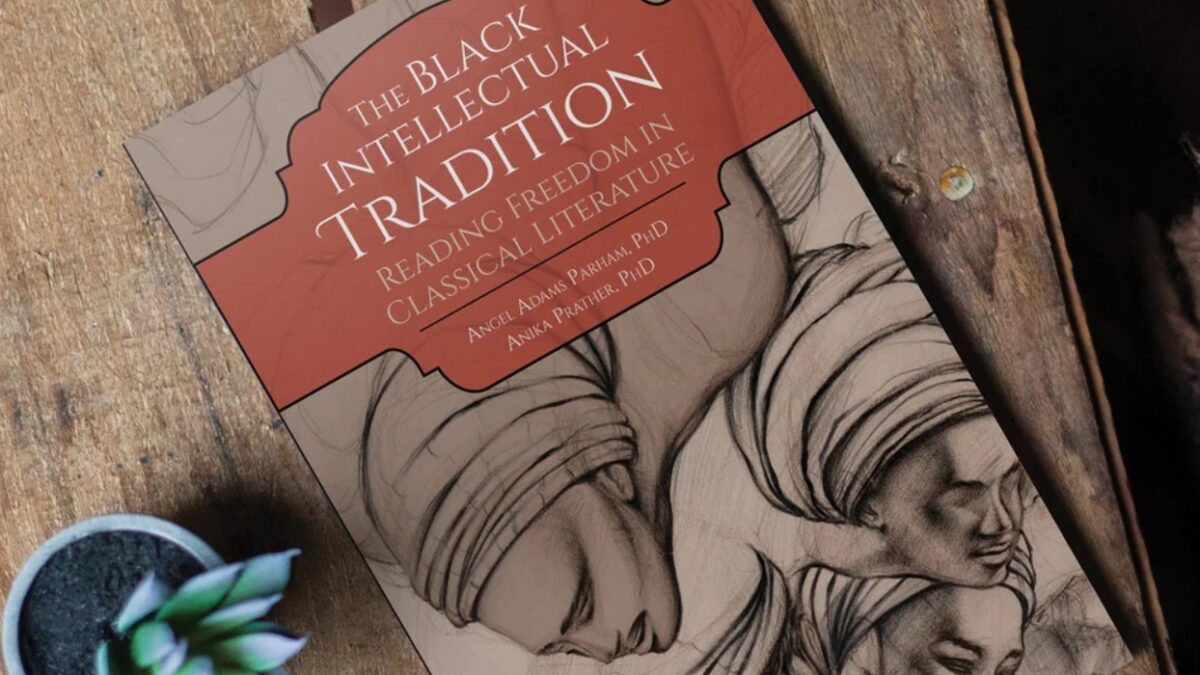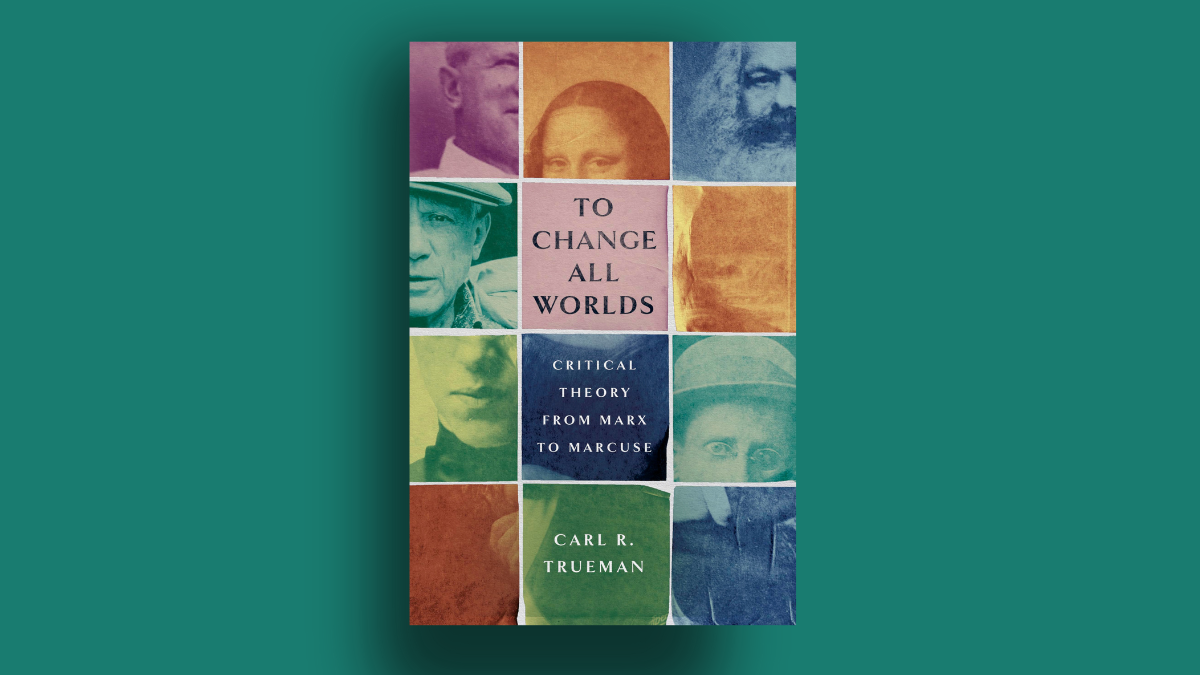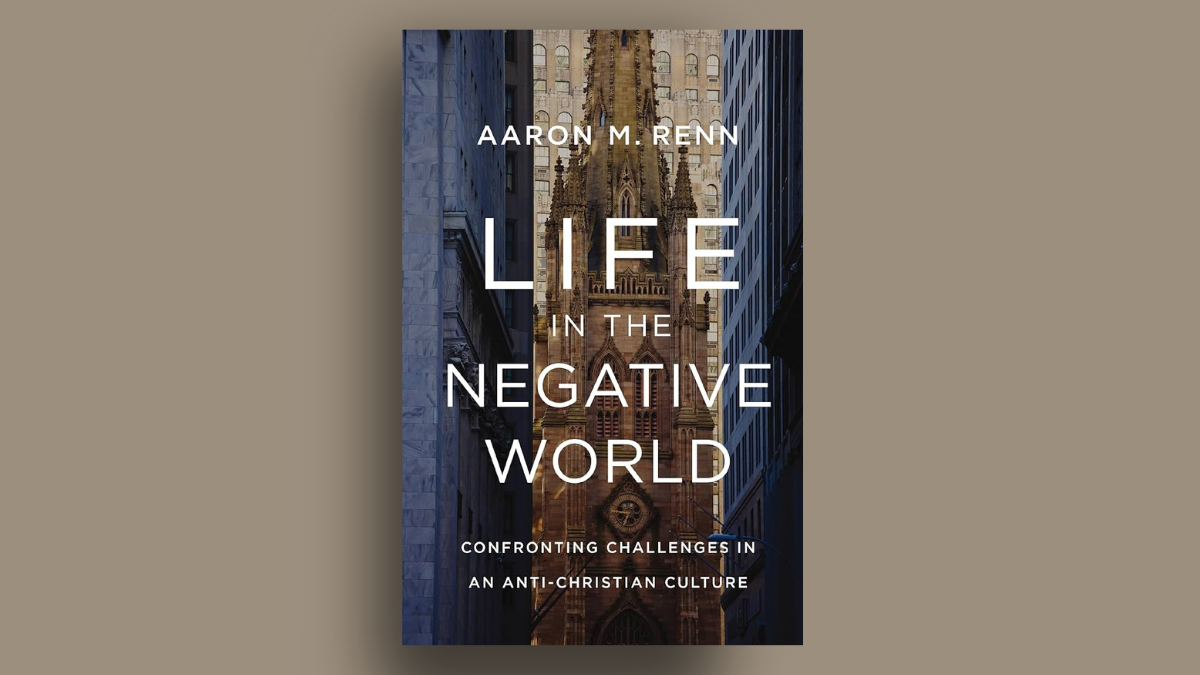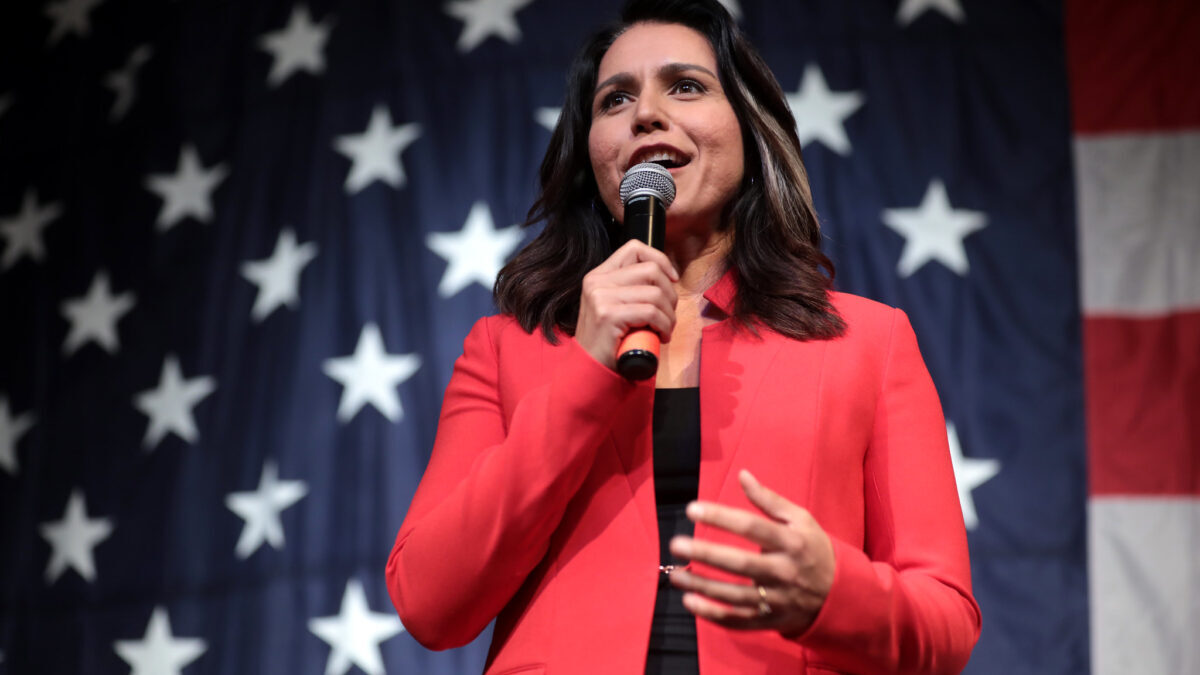Two African American professors, Angel Adams Parham and Anika Prather, have written a well-conceived and timely book, The Black Intellectual Tradition: Reading Freedom in Classical Literature. Parham and Prather argue that a classical Christian education grounded in the great books of the Western intellectual tradition, far from being racist, elitist, or oppressive, has the power to liberate the minds of black Americans from every socioeconomic class.
For instance, you’ve likely never heard of Anna Julia Cooper, but her work and words play a central role in The Black Intellectual Tradition:
It is well known that the power to think, the power to appreciate, and the power to will the right and make it prevail, is the sum total of the faculties of the human soul. Education which is truly ‘educative’ must strengthen, develop, ‘lead out’ these faculties in preparation for those special activities which may be called ‘occupative,’ because they give the one line of training necessary for the occupation or trade of the individual…. The old education made him a ‘hand,’ solely and simply. It deliberately sought to suppress or ignore the soul…. [but] for all men—whether for white men, red men, yellow men, or black men, whether for rich men or poor men, high or low, the aim of education for the human soul is to train aright, to give power and right direction to the intellect, the sensibilities, and the will.
These words were written in the 1930s, and serve as marked contrast to the educational vision of rich white liberal progressives offering a progressive, John Dewey vision of education. Cooper was a poor black woman who was born into slavery in 1858 and devoted her life to providing classical Christian education to “Black Americans [who] were two generations out of slavery, but still struggling mightily with the disadvantages of Jim Crow segregation and the sometimes latent, sometimes overt, violence against Black people of all backgrounds.”
By telling the stories of a half dozen black writers whose faith in Christ and study of the great books equipped them with the rational, rhetorical, and religious power to overcome oppression and fight for internal and external freedom, Parham and Prather demonstrate that the writings of such dead white men as Homer, Sophocles, Plato, Aristotle, Cicero, Virgil, Plutarch, Dante, Shakespeare, Milton, Locke, and Mill comprise a legacy that transcends race, class, and sex. Such time-tested wisdom unites diverse groups of Americans by providing a common language and vision for human virtue and growth.
In the case of all these writers, their interactions with the great books and with Christ did not rob them of their black identity or negate the suffering they endured because of their race. Rather, it opened the doors for them to participate more fully in what America stands for when she is worthy of herself. It allowed them “to grieve injustice while shunning bitterness and working for healing and justice in our land.” Some of the notable figures discussed include the following.
Olaudah Equiano (c. 1745-1797) was born in Africa but was ripped away from his homeland, his culture, and his name and sold as a slave to many masters before buying his freedom, moving to England, and becoming an abolitionist whose best-selling autobiography awakened European hearts to the evils of slavery. Although “his trust was betrayed by White men who professed to be Christians … Equiano embraced the Christian faith and called on White Christians to live up to what they professed to believe.” His education taught him that the fight against slavery could be waged within the classical Christian tradition, a truth wielded by Frederick Douglass in the nineteenth century and Martin Luther King Jr. in the twentieth as they fought their own battles against racial injustice.
Phillis Wheatley (c. 1753-1784) was sold as a slave but ended up being essentially adopted by a kind woman who treated her as a daughter, raised her in the gospel, and saw that she was well educated. Wheatley matured into one of the finest early American poets, composing from within the classical Christian tradition and using it to speak for freedom of body and soul.
Like Equiano, “Wheatley was both deeply steeped in her Christian faith and highly critical of the slave system and the hypocritical expressions of Christianity exhibited by many of the European and White American Christians she encountered. … Both were able to see past the misuses and abuses of the Christian faith to the liberating message at its center. There is, then, in Phillis Wheatley’s writings, a consistent call for liberty that speaks powerfully both to freedom from physical chains and from sin.”
Frederick Douglass (c. 1817-1895), like Equiano, wrote a harrowing autobiography of his journey out of slavery that was a bestseller and that greatly bolstered the abolitionist cause. Like Wheatley, he devoured the Greco-Roman and Judeo-Christian classics and became a virtuous person and a strong communicator because of it.
Like both, he “looked to the Christian scriptures both to bolster his faith and to critique the injustice around him. His critique is always aimed at pointing toward the good that could and should come of Christian faith were it to be lived out correctly.” In his writing and speaking, he urged his audience “to hold on to their hope in a better future” and pointed them “toward the innate desire for freedom and human dignity placed by God in everyone, whatever their color.”
Anna Julia Cooper (1858-1964) fought first for a full classical Christian education for herself (including the learning of Latin, Greek, and French) and then for her fellow black Americans. To achieve her goal, she not only needed to fight blacks who thought a liberal arts education was elitist and useless for finding a job, but white liberals who promoted a tyranny of low expectations, thinking blacks only capable of manual labor. Resisted, slandered, and shunned, Cooper fought on; her “deep faith in God caused her to see her work as an educator as a missionary work, in that everything she did was to promote bringing a classical Christian education to underserved populations.”
Martin Luther King Jr. (1929-1968) needs no introduction, although we need to be reminded of the centrality of the great books to his mission of creating a unified and integrated America, such that “Both Anna Julia Cooper and Martin Luther King, Jr., received an education in classic and canonical writings that profoundly shaped their individual lives as well as their visions of the good society.”
Even a cursory reading of his seminal essay “Letter from Birmingham Jail” will make clear the depth and breadth of his learning and how the good dream that he dreamed for America flowed naturally out of his meditation on the dual legacy of Athens and Jerusalem. King’s education freed him to imagine “an aspirational world toward which we can strive,” and then to take “us with him up to a summit from which we are able to catch a vision for the kind of society toward which we can work if we dedicate ourselves in a spirit of prayer, service, and goodwill.”
Toni Morrison (1931-2019), who won the Pulitzer Prize for her novel Beloved, was as steeped in the history of her own people as she was in the great books. In fact, her novel Song of Solomon offers a “beautiful and bittersweet work of poetic prose rooted in African American history and culture and intricately interwoven with classical and biblical themes.” Her well-trained ear was sensitive to a multitude of voices, and she allows her readers, both black and white, to hear and sympathize with “the deepest desires of the natally dispossessed: the quest for freedom from oppression; the desire to know one’s name; and the deep longing for rootedness, home, and family.”
While Parham’s half of The Black Intellectual Tradition focuses on the educations and accomplishments of these six unique writers, Prather’s half narrows its focus to the life and work of Cooper, even offering in the appendices three of her most important essays. In order to provide a context for Cooper’s vision for classical Christian education, Prather helpfully situates her between Booker T. Washington (1856-1915), founder of the Tuskegee Institute, and W. E. B. Du Bois (1868-1963), editor of the NAACP’s monthly magazine The Crisis.
“Washington believed that the best way to secure Black people’s progress, well-being, and acclimation into American life would be to focus on developing certain skills and trades and to not pursue political or intellectual progress,” Prather observes. Du Bois, in contrast, “supported providing a classical education to Black people, seeing higher education in classical studies as a way of helping them to fight for their place of equality and progress in American society.”
Certain that American blacks could only become full members of American society if they spoke the language that gave shape to our nation, Cooper favored Du Bois’s approach. Still, she advocated, like Washington, for vocational training that would secure for African Americans jobs that they could perform with dignity and skill.
What she ultimately desired was an education that would train the whole person, body, mind, and soul. “[C]lassical education, in combination with learning skills to make a living,” she believed, “could be restorative” for souls that had been ground down by a long history of enslavement and racism.
“Anna Julia Cooper,” Prather explains, “was an advocate for making sure Black people were no longer educated just to be the ‘help’; she wanted to see Black people educated instead to be colaborers and coleaders in the work of making America a more perfect union. … After hundreds of years of oppression and enslavement, cultivating a new mind was essential for the progress and integration of Black people into American society, and classical education was the tool to bring that into being.”
We live in a time when King’s dream of a unified and integrated America where people are judged by the content of their character rather than the color of their skin seems to be coming apart at the seams. Rather than follow the lead of Douglass and Du Bois, Cooper and King and invite African Americans into a classical education that will train them to think critically and empower them to enter fully into the ongoing American experiment, a growing number of voices from academia and the public schools are claiming that black people are not liberated but oppressed by reading the great books.
When Prather told her dissertation advisor at the University of Maryland that she wanted to devote her “doctoral research to uncovering the Black classical tradition and to showing the effects of classical studies on modern K-12 Black students,” she was soundly and condescendingly reprimanded: “Why are you researching classical education in the Black community? Don’t you realize that those books are not for your people? This research topic is irrelevant to the Black community!”
Thankfully, Prather, like Cooper before her, persisted in her God-given calling. Also thankfully, Prather and Parham have done the yeoman labor to bring this important book to fruition.
It is my hope and my prayer that The Black Intellectual Tradition will help all American educators and students, whatever their race, sex, or creed, to reclaim our Greco-Roman, Judeo-Christian heritage and enter again into the Great Conversation. The future of our civil society just may depend on it.









